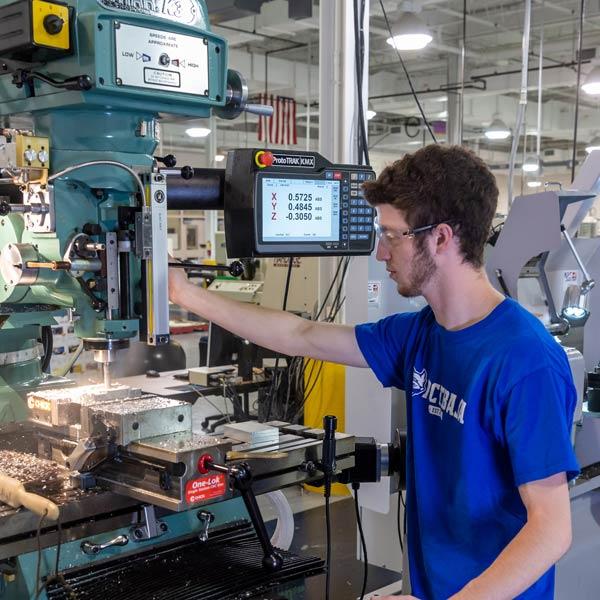For all of the career smiths and armorers out there, I have a few questions for you about getting into gunsmithing as a vocation.
Long story short, I might find myself in a position where I will likely be changing careers. I'll have a clean slate.
One of the options I'm seriously considering is gunsmithing for a shop/company or applying as an armorer at an agency/department.
I have several years of experience managing a gun shop, time in the military, and time in law enforcement. It seems as if one of the big things that I'm missing are gunsmith/armorer specific certifications in order to look like a competitive applicant.
With my experiences that I'm bringing to the table, what do you think is the best route to take into this trade?
Do I start from scratch and try to find an apprenticeship? Do I jump strait into a year long certification program? Do I run around and take a handful of the big manufacturers in house armorers courses? Should I go to my local community college and look for a machine shop 101 course?
Or should I look into other options because it's a bad time to be a gunsmith???
I'm in the process of reaching out to many of my contacts in the gun industry but I realize that I don't know any gunsmiths well enough to talk to and pick their brain.
Thanks in advance for any help or direction!
Long story short, I might find myself in a position where I will likely be changing careers. I'll have a clean slate.
One of the options I'm seriously considering is gunsmithing for a shop/company or applying as an armorer at an agency/department.
I have several years of experience managing a gun shop, time in the military, and time in law enforcement. It seems as if one of the big things that I'm missing are gunsmith/armorer specific certifications in order to look like a competitive applicant.
With my experiences that I'm bringing to the table, what do you think is the best route to take into this trade?
Do I start from scratch and try to find an apprenticeship? Do I jump strait into a year long certification program? Do I run around and take a handful of the big manufacturers in house armorers courses? Should I go to my local community college and look for a machine shop 101 course?
Or should I look into other options because it's a bad time to be a gunsmith???
I'm in the process of reaching out to many of my contacts in the gun industry but I realize that I don't know any gunsmiths well enough to talk to and pick their brain.
Thanks in advance for any help or direction!



